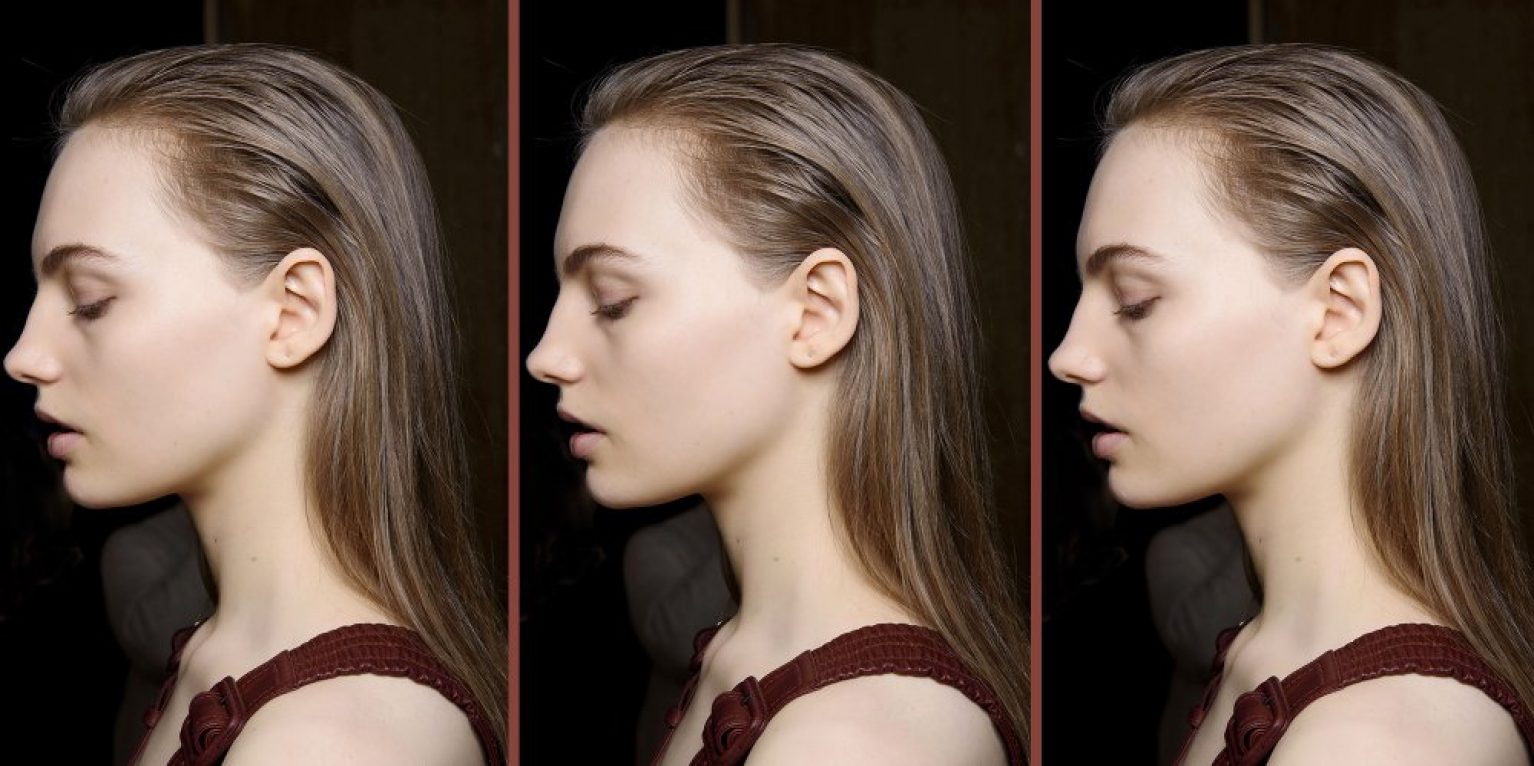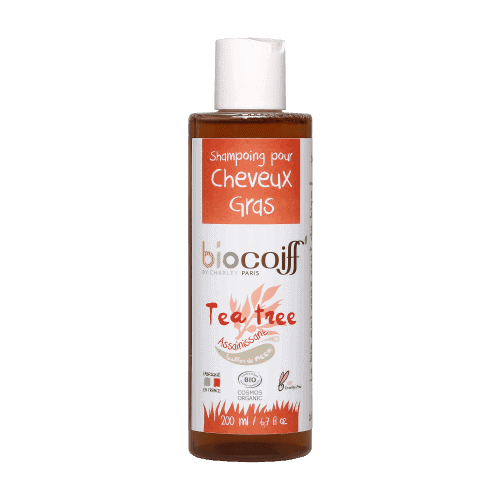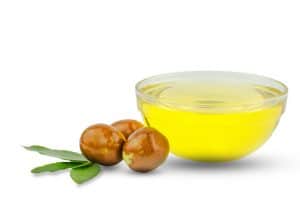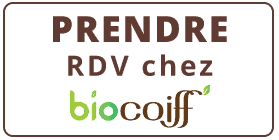Avez-vous les cheveux gras ? S’ils paraissent lourds et luisant 48 h votre dernier shampoing, vos cheveux sécrètent trop de sébum et graissent rapidement. Quelle routine capillaire adopter pour supporter ce qui est pour certaines et certains un calvaire et comment réguler la production de sébum ? Nous vous confions les conseils de nos professionnels du cheveu.
Cheveux gras : quelles sont les causes ?
Une production excessive de sébum constitue l’origine des cheveux gras. Ce film hydrolipidique (mélange de sueur et de sébum) protège le cuir chevelu de la déshydratation et des agressions extérieures. Le lubrifiant naturel des cheveux se dépose le long de la tige pilaire et va lisser les écailles, rendant le cheveu souple et brillant. Un dérèglement des glandes sébacées va recouvrir plus rapidement la racine et la tige de sébum jusqu’à l’étouffer. Les cheveux deviennent huileux et collants et graissent rapidement après les avoir lavés.
Plusieurs facteurs vont favoriser l’apparition des cheveux gras :
- une prédisposition génétique ;
- le stress, le tabagisme, la consommation d’alcool ;
- la chaleur, les UV du soleil ;
- un dérèglement hormonal ;
- des produits capillaires trop agressifs,
- une alimentation trop riche et déséquilibrée
- une transpiration excessive.
Le développement excessif d’une levure naturellement présente dans la peau peut aussi provoquer une sécrétion abondante de sébum. Ce microscopique champignon nommé Malassezia furfur, se multiplie dans le le sébum et entraîne l’apparition des plaques rouges et parfois de pellicules jaunâtres et grasses. La dermite séborrhéique provoque des démangeaisons et se manifeste par poussées irrégulières. Cette pathologie bénigne, mais irritante est responsable de cheveux gras à la racine et secs aux pointes.
Comment prendre soin des cheveux gras ?
Une fois que l’on a fait le constat et que l’on connaît l’origine des cheveux gras, on a toutes les données pour prendre les choses en main et les chouchouter. Avoir des cheveux gras n’est pas drôle, mais ce n’est pas la fin du monde et ne doit pas miner le moral.
Un shampoing adapté
Tout d’abord, on commence par se laver les cheveux avec un soin lavant adapté à leur nature. Les shampoings pour cheveux gras sont doux et vont purifier le cheveu. Les shampoings 100 % naturels sans silicones ni sulfates ne sont pas agressifs pour le cuir chevelu. Vous pouvez opter pour un shampoing liquide ou un shampoing gras solide. L’essentiel est de respecter le cuir chevelu en le lavant rapidement pour ne pas stimuler les glandes sébacées. On élimine le shampoing par un dernier rinçage à l’eau froide si possible pour activer la microcirculation et refermer les écailles.
Vous allez adorer
Pour ne pas provoquer d’accoutumance, nos coiffeurs vous recommandent d’alterner le shampoing pour cheveux gras avec un soin lavant à l’argile. Le shampoing aux trois argiles permet d’absorber le sébum, de réguler sa sécrétion et de purifier le cuir chevelu. Nos professionnels utilisent ce shampoing systématiquement avant chaque coloration bio Biocoiff’ afin d’éliminer tout résidu chimique. ce shampoing permet d’espacer les lavages. Terminez votre shampoing en essorant la chevelure dans une serviette éponge pour absorber un maximum d’eau. Réglez votre sèche-cheveux sur une chaleur modérée lorsque vous faites un brushing en tenant éloigné le sèche-cheveux des longueurs sans insister sur un même endroit.
Les masques purifiants et détoxifiant
L’hypersébborhée est le problème majeur de cette nature capillaire. Une production de sébum trop importante peut asphyxier le cuir chevelu. Cela peut ralentir la pousse des cheveux ou entraîner leur chute. Esthétiquement, les cheveux gras manquent de volume et donnent une apparence négligée. Un nettoyage du cuir chevelu va permettre d’éliminer les impuretés. On peut employer un soin à l’argile ou bien réaliser des masques capillaires. Si vous aimez fabriquer vos produits capillaires, nous vous recommandons ce mélange :
Masque à l’huile de jojoba et tea tree
Les huiles végétales ne sont pas réservées aux cheveux secs. L’huile de jojoba est recommandée pour traiter l’hyperséborrhée des cheveux gras. Mélangez :
- deux cuillères à soupe d’huile de jojoba,
- 7 gouttes d’huile essentielle de tea tree.
Appliquez sur les longueurs et laissez poser 45 minutes.
Vous pouvez aussi associer à ce soin capillaire profond à ceux préconisés pour le traitement des pellicules ou des cheveux abîmés. Vous retrouvez l’huile de jojoba dans plusieurs produits Biocoiff’ tant ses qualités sont précieuses pour le cheveu. Il ne faut pas hésiter à demander conseil à un dermatologue ou à un coiffeur lors d’un diagnostic en salon.
Le shampoing sec
Lorsqu’on ne peut pas se laver les cheveux et que l’on veut redonner un peu de fraîcheur à sa chevelure, le shampoing sec rend service. À base d’amidon de riz ou de maïs pour absorber le sébum, il se vaporise sur les cheveux et va éliminer le sébum et toutes les impuretés. Les professionnels recommandent de ne pas en abuser et de vaporiser le produit en le gardant au minimum à 25 cm des cheveux avant de masser le cuir chevelu et de brosser mes cheveux.
Les solutions naturelles contre les cheveux gras
On le voit en employant des produits capillaires naturels, les plantes et certaines poudres ayurvédiques limitent la production de sébum. La phytothérapie est pleine de ressources pour traiter les problèmes de cuir chevelu. : l’ortie va renforcer les cheveux, freiner leur chute et réguler le sébum et les pellicules. La badiane est également un régulateur de sébum. Elle apaise les démangeaisons et purifie le cuir chevelu.
Vous pouvez également ajouter quelques gouttes d’huiles essentielles de lavande, de sauge ou d’orange, dans un shampoing pour profiter de leurs propriétés régulatrices et astringentes.
Vous pouvez rincer vos cheveux en ajoutant quelques gouttes d’huile essentielle de romarin ou de thym à une cuillère à soupe de jus de citron ou de vinaigre blanc diluées dans un litre d’eau.
Sinon, nous vous conseillons de vaporiser de la brume tonique de rose avant de vous coiffer ou de faire un brushing. Elle s’applique directement sur les cheveux et ne se rince pas.
Comment ralentir la séborrhée du cuir chevelu gras ?
En plus d’appliquer les bons produits capillaires pour traiter la séborrhée, on adapte sa routine capillaire en adoptant certains gestes et appliquant des astuces qui ont fait leur preuve.
On nettoie régulièrement peigne et brosse. On évite également d’attacher ses cheveux pour dissimuler les racines. Si on se déplace à deux roues, on intercale une charlotte entre le casque et ses cheveux. Cela permet d’en changer régulièrement pour protéger ses cheveux et évite de graisser le casque.
Les cheveux gras n’apprécient pas les lavages trop fréquents qui nourrissent le dérèglement séborrhéique, la chaleur excessive des brushings et les colorations chimiques trop agressives. On leur substitue des techniques capillaires plus douces, des colorations naturelles et des produits inoffensifs pour eux.
Les cheveux gras et l’alimentation
L’entretien des cheveux gras passe aussi par une bonne hygiène de vie et une alimentation équilibrée. On diminue notre consommation d’aliments trop gras et on prend conseil auprès d’un diététicien si besoin. Un apport en vitamines A, contribue au bon équilibre du cuir chevelu.
Un bon entretien des cheveux gras et l’emploi de soins capillaires adaptés permettront de minimiser les inconvénients. Il peut en faisant preuve de patience et de régularité limiter la production de sébum et rééquilibrer la nature du cuir chevelu.

 Coloration Végétale
Coloration Végétale
 Balayage minéral
Balayage minéral
 Soins Capillaires
Soins Capillaires
 Coupe
Coupe
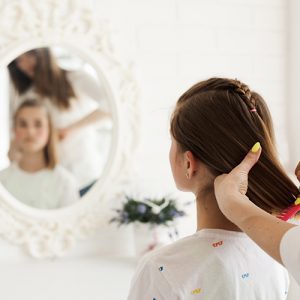 Diagnostic gratuit
Diagnostic gratuit
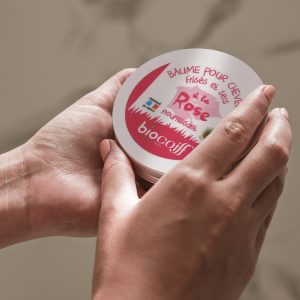 Accueil E-boutique
Accueil E-boutique
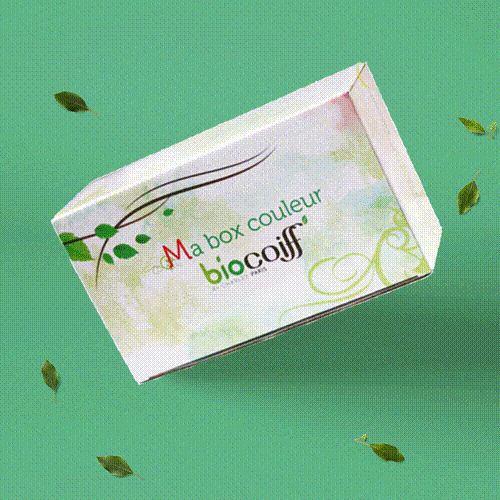 Box Couleur
Box Couleur
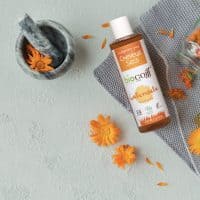 Shampoings
Shampoings
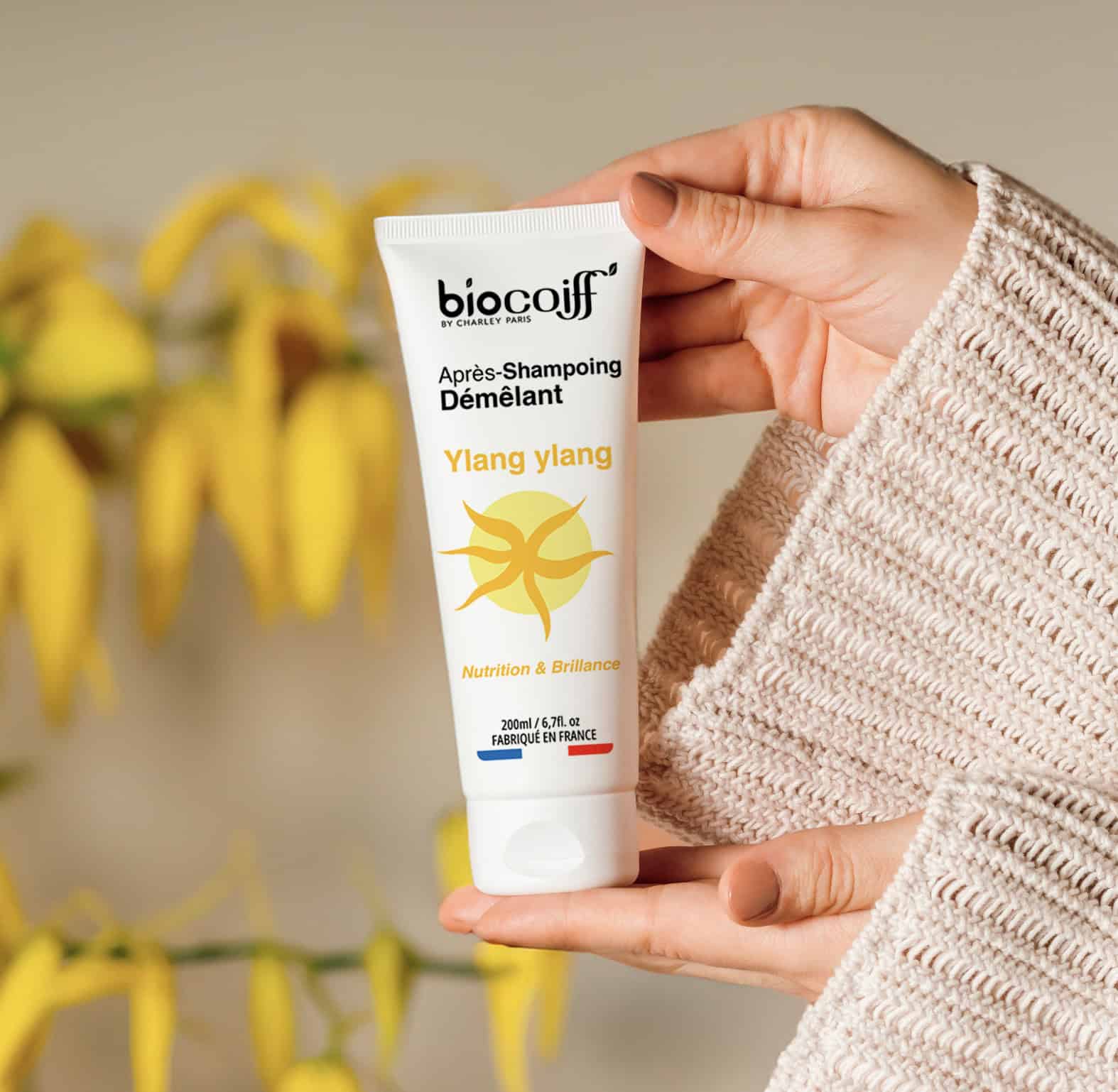 Soins
Soins
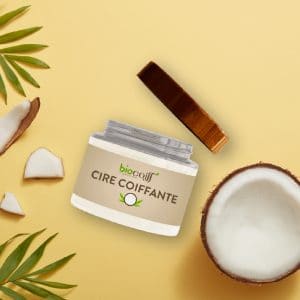 Coiffants
Coiffants
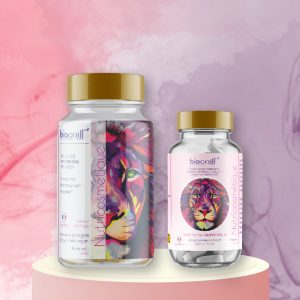 Nutricosmétiques
Nutricosmétiques
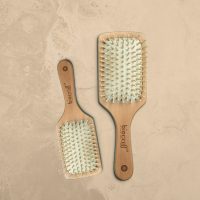 Accessoires
Accessoires
